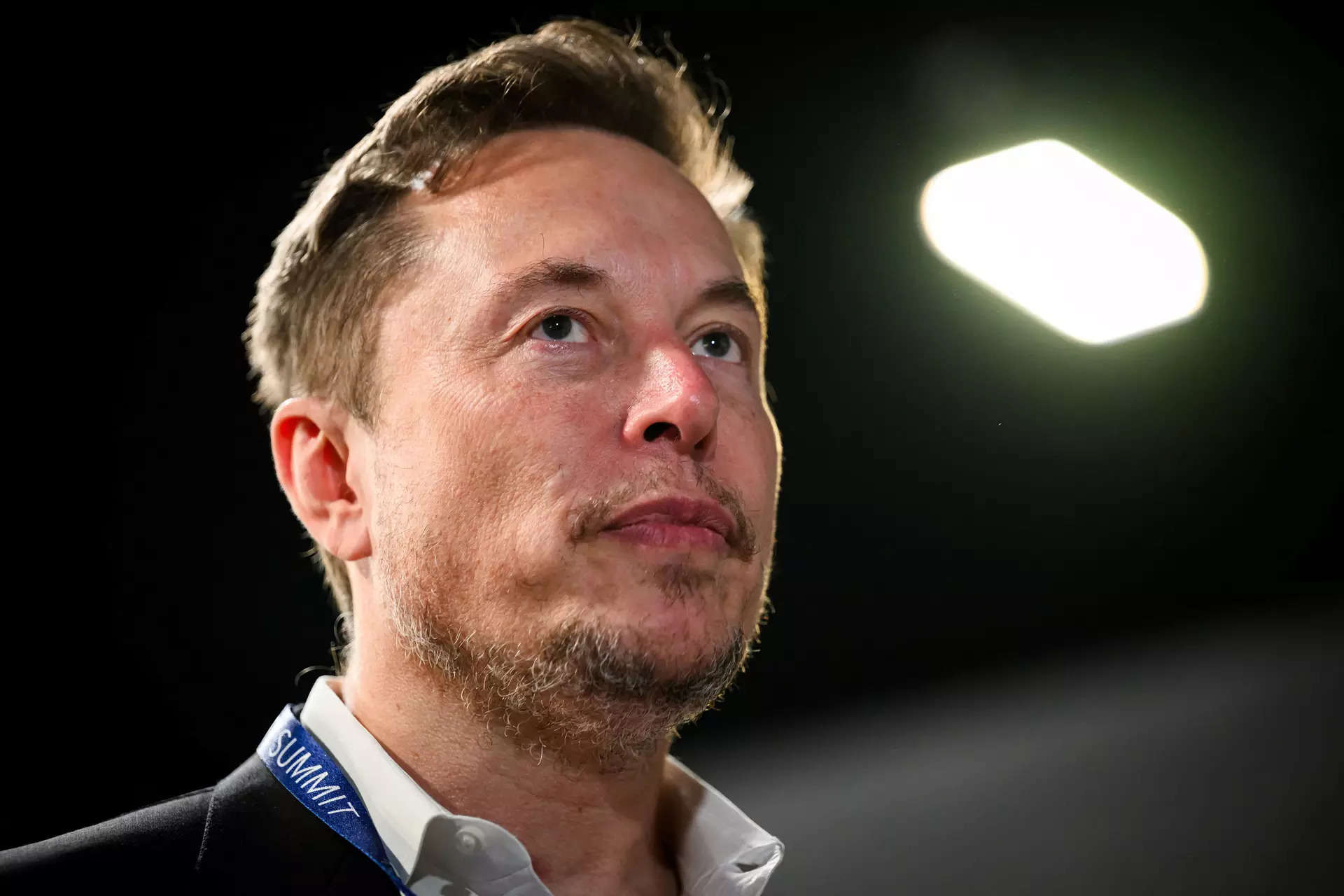Elon Musk, the tech entrepreneur, has openly criticized billionaire financier George Soros, accusing him of contributing to the deterioration of societal cohesion.
In a nearly 3-hour long “Joe Rogan Experience” podcast, Musk discussed his reasons for buying microblogging site X, then known as Twitter, and claimed that it was to rescue the social media platform from the “far-Left”.
Musk has repeatedly portrayed his acquisition of Twitter as a crusade against a monolithic far-left ideology that he believed was dominating the social media platform.
On Soros, Musk said: “In my opinion, he fundamentally hates humanity.”
Musk highlighted the strategic nature of Soros’ investments in various political arenas, acknowledging the significant impact these can have on policy-making. “He’s doing things that erode the fabric of civilization,” Musk said, expressing his disapproval. He criticized Soros’ support for district attorney candidates who are lenient on crime, suggesting this contributes to law enforcement issues in cities like San Francisco and Los Angeles. “Getting [district attorneys] elected who refused to prosecute crime, that’s part of the problem in San Francisco and LA and other cities. So why would you do that?”
Musk further elaborated on the effectiveness of Soros’ approach to influencing policy through local elections. “The lowest value for money is a presidential race,” he said. “Then the next lowest value for money is a Senate race, then a Congress. But once you get to sort of city and state district attorneys, the value [is] extremely good.” He pointed out Soros’ tactical insight: “Soros realized that you don’t actually need to change the laws. You just need to change how they’re enforced.”
‘He’s pushing things in other countries as well,’ Musk added.
Musk went on to suggest that Soros might be losing his sharpness with age, remarking, “basically a bit senile at this point.”
The Open Society Foundations, under Soros’ guidance, annually allocate approximately $1.5 billion to various initiatives, including those that promote human rights globally and support the establishment of democratic institutions.
In a nearly 3-hour long “Joe Rogan Experience” podcast, Musk discussed his reasons for buying microblogging site X, then known as Twitter, and claimed that it was to rescue the social media platform from the “far-Left”.
Musk has repeatedly portrayed his acquisition of Twitter as a crusade against a monolithic far-left ideology that he believed was dominating the social media platform.
On Soros, Musk said: “In my opinion, he fundamentally hates humanity.”
Musk highlighted the strategic nature of Soros’ investments in various political arenas, acknowledging the significant impact these can have on policy-making. “He’s doing things that erode the fabric of civilization,” Musk said, expressing his disapproval. He criticized Soros’ support for district attorney candidates who are lenient on crime, suggesting this contributes to law enforcement issues in cities like San Francisco and Los Angeles. “Getting [district attorneys] elected who refused to prosecute crime, that’s part of the problem in San Francisco and LA and other cities. So why would you do that?”
Musk further elaborated on the effectiveness of Soros’ approach to influencing policy through local elections. “The lowest value for money is a presidential race,” he said. “Then the next lowest value for money is a Senate race, then a Congress. But once you get to sort of city and state district attorneys, the value [is] extremely good.” He pointed out Soros’ tactical insight: “Soros realized that you don’t actually need to change the laws. You just need to change how they’re enforced.”
‘He’s pushing things in other countries as well,’ Musk added.
Musk went on to suggest that Soros might be losing his sharpness with age, remarking, “basically a bit senile at this point.”
The Open Society Foundations, under Soros’ guidance, annually allocate approximately $1.5 billion to various initiatives, including those that promote human rights globally and support the establishment of democratic institutions.
